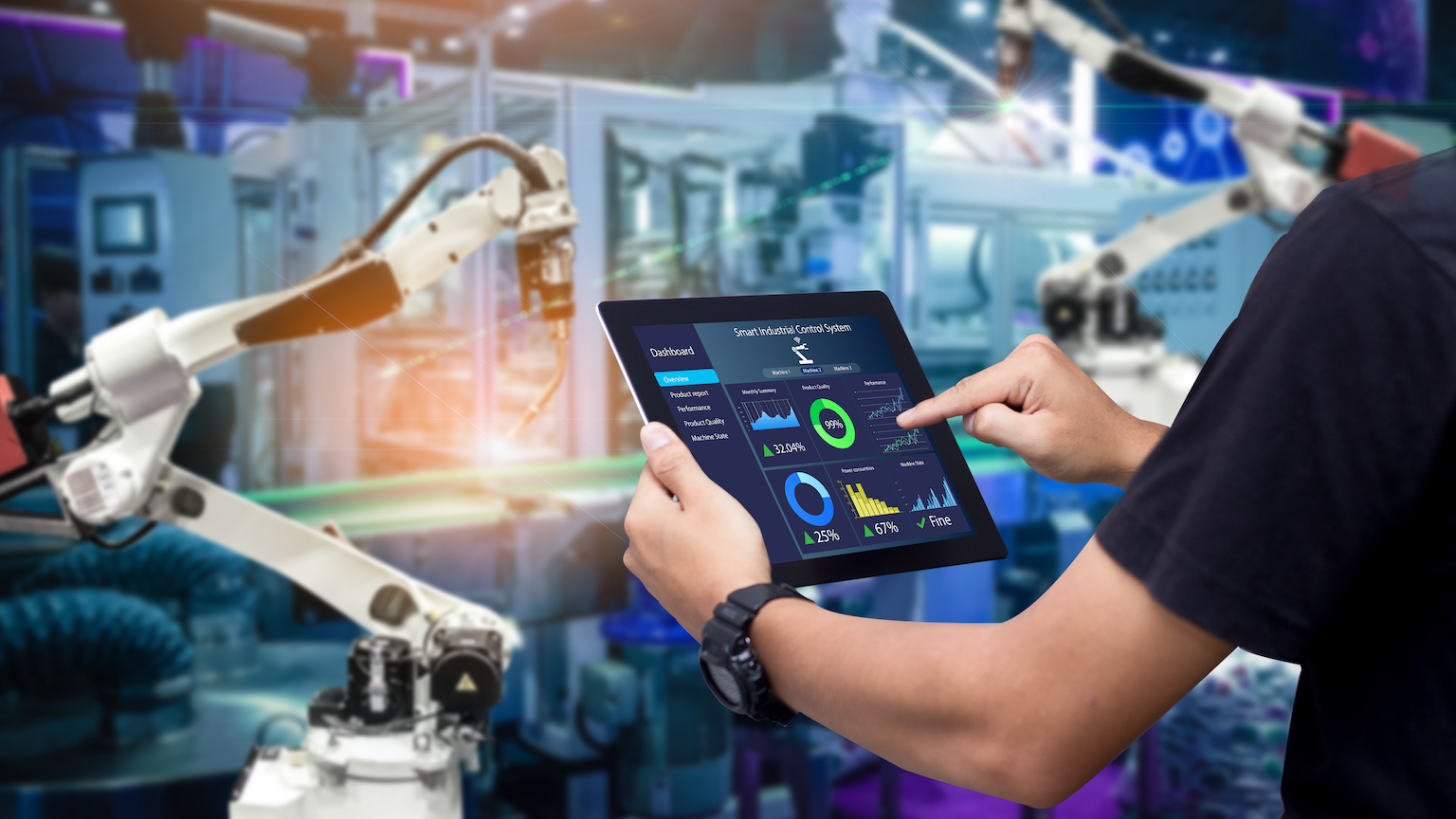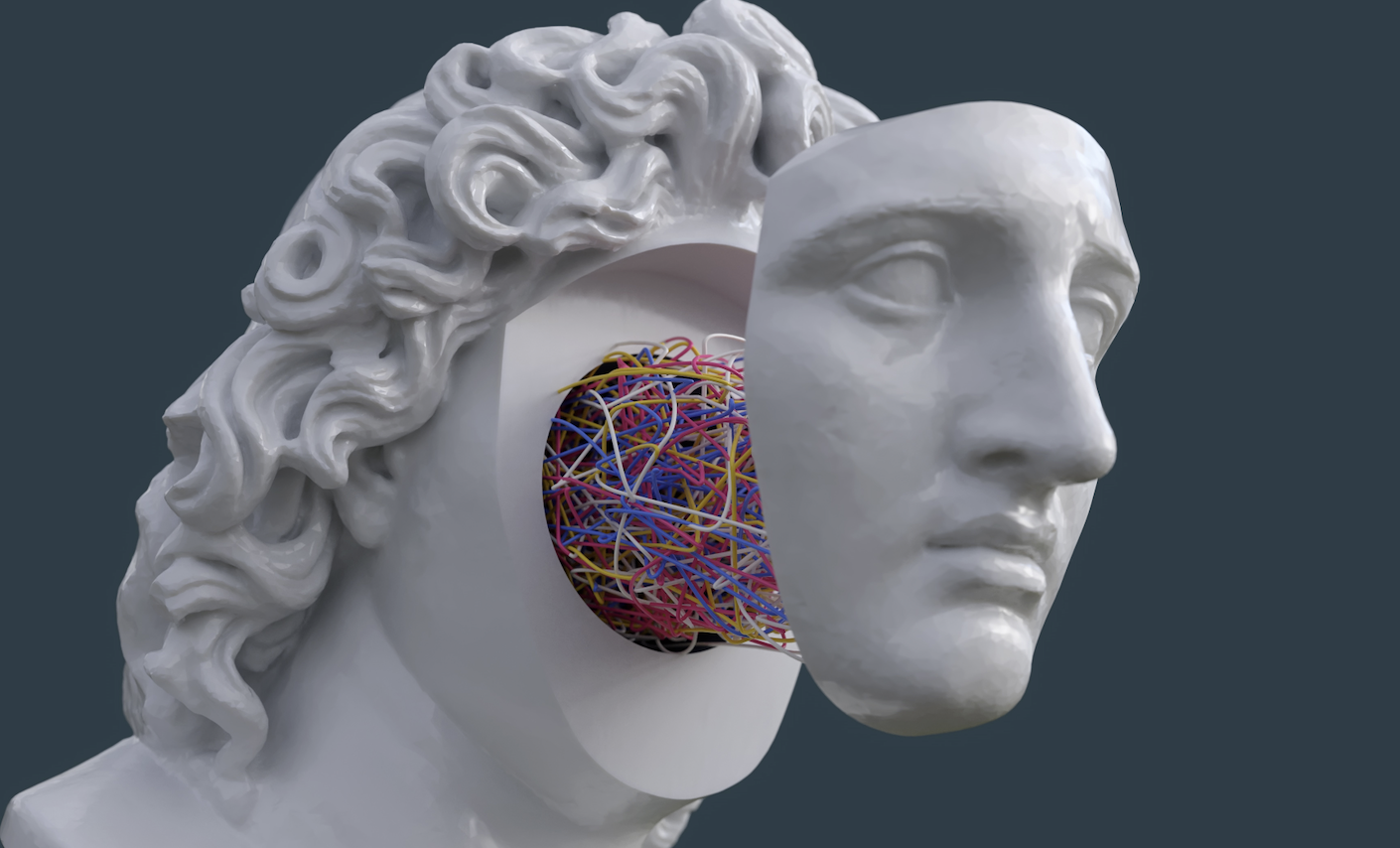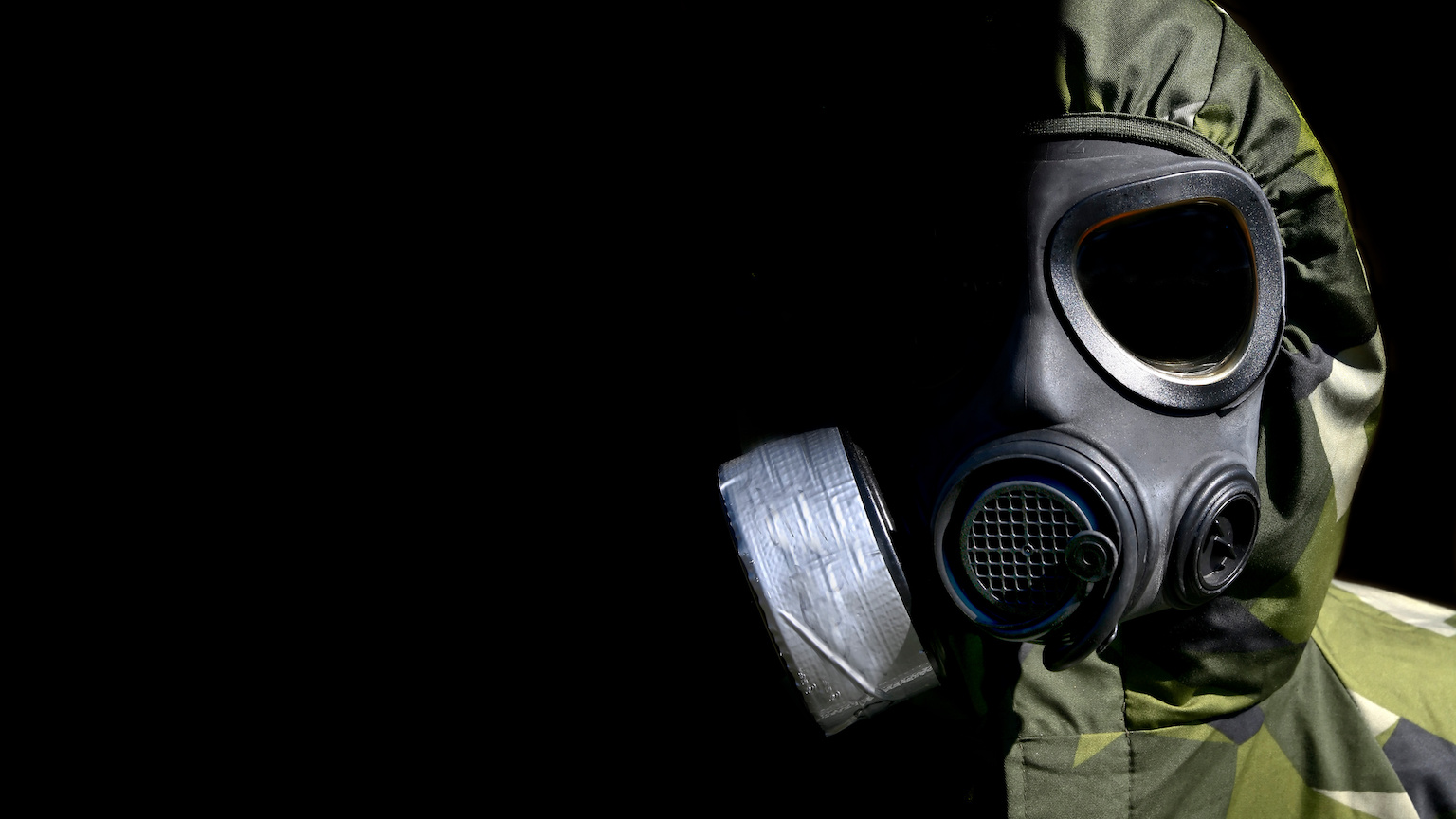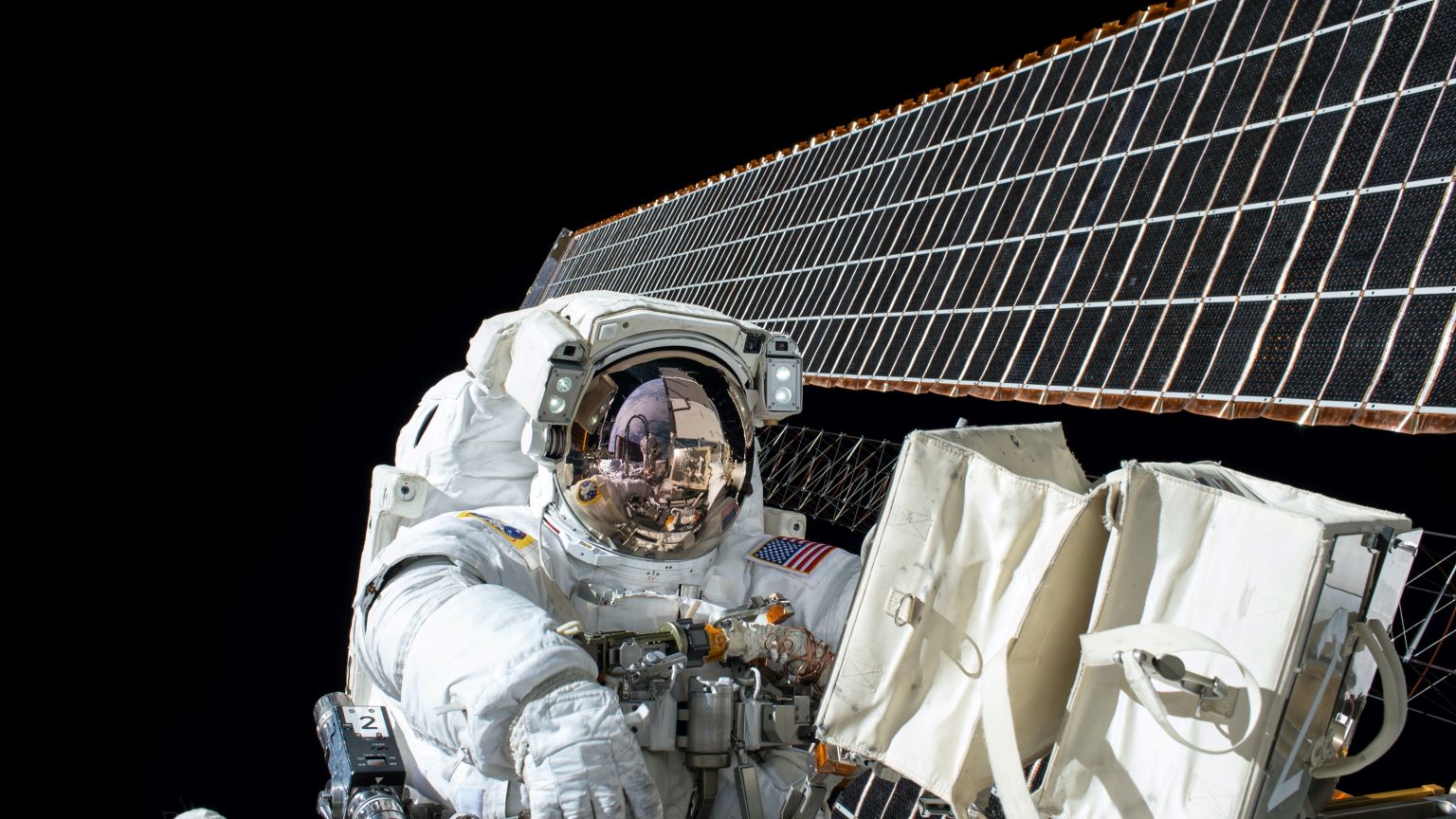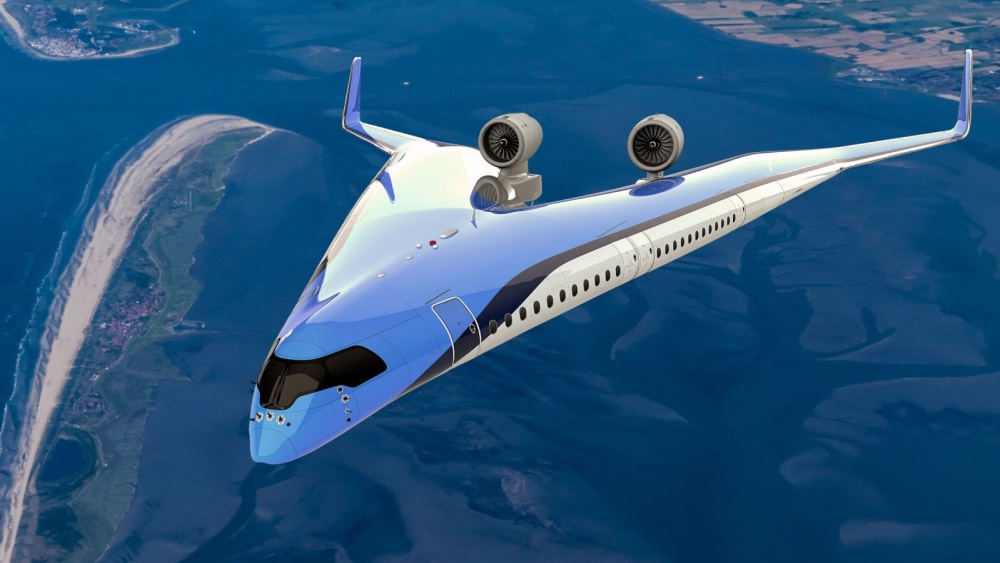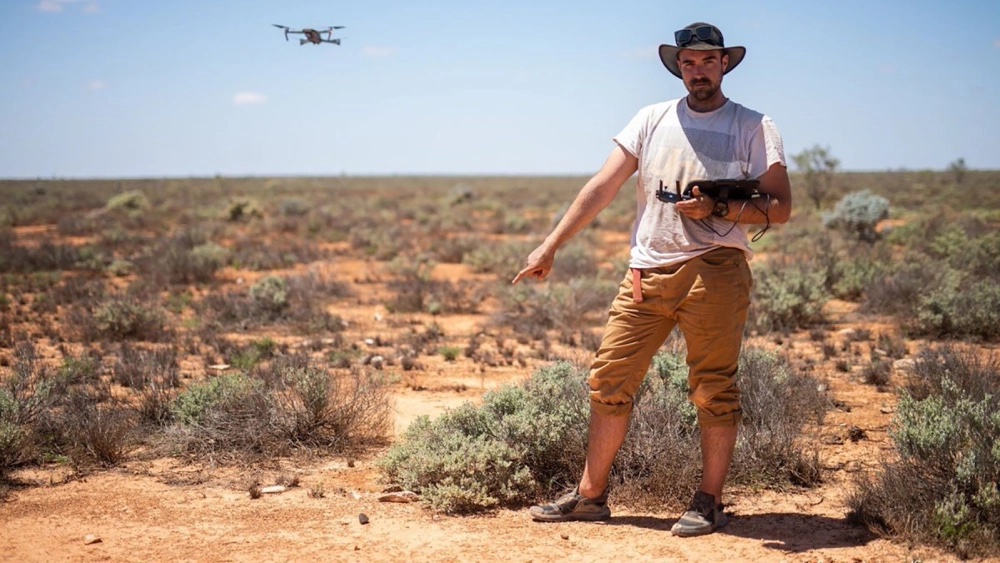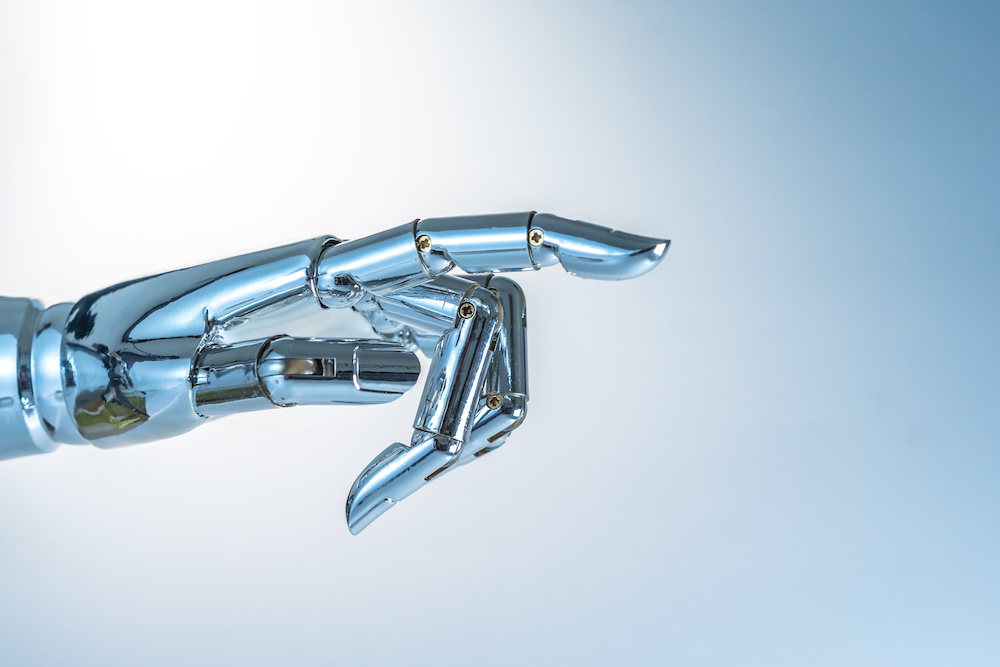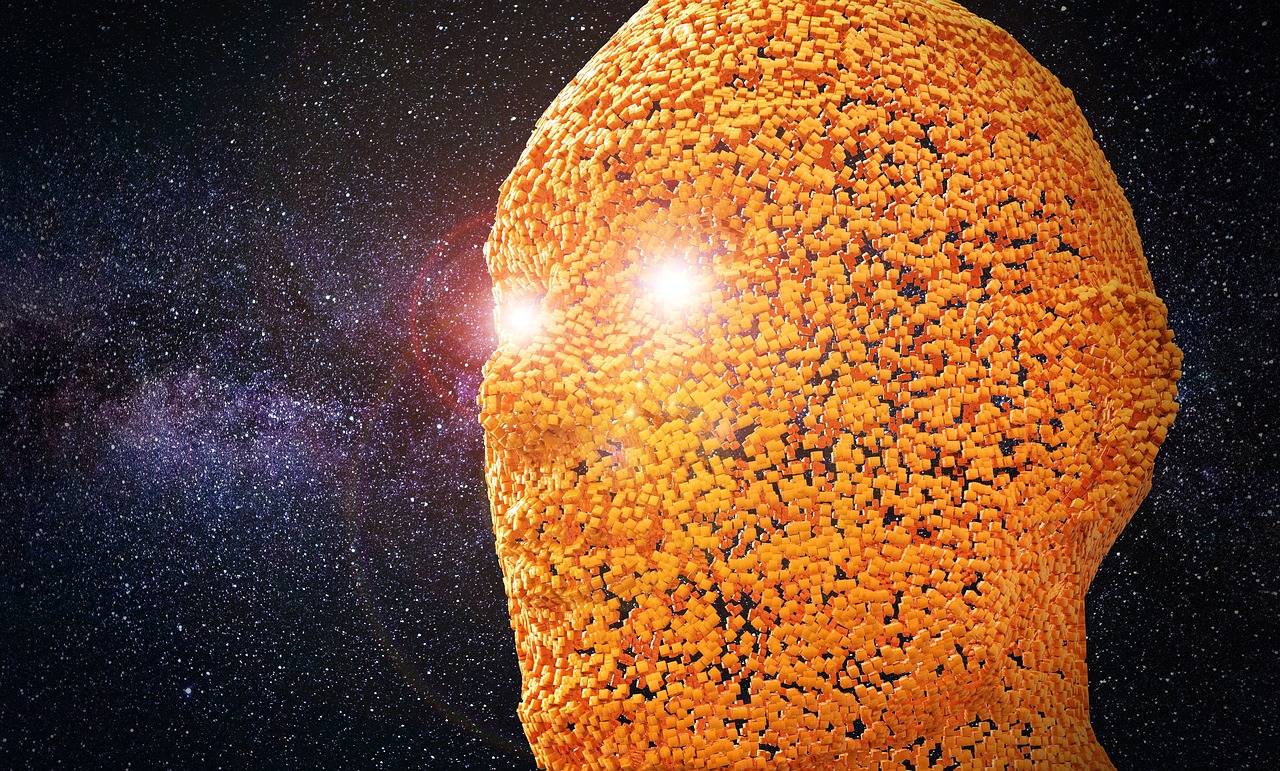Emerging Tech
Two types of nanotechnology, metalenses and metamaterials, could soon make Harry Potter’s invisibility cloak a reality.
Nanofabricators could quickly synthesize whatever we need, molecule by molecule.
The metaverse may leave us perpetually unsure whether the people we encounter are authentic or high-quality fakes.
Spin, spin, spin — fire! The startup’s radical system could make satellite launches cheaper and cleaner.
“We didn’t build anything face-ish into our network [but] managed to segregate themselves without being given a face-specific nudge.”
AI-generated photos, also known as synthetic media, are being used to create fake experts and journalists to spread disinformation.
A lucky discovery involving lithium-sulfur batteries has a legitimate chance to revolutionize how we power our world.
A new paper combines two concepts from the edges of astrophysics: Dyson Spheres and black holes. A Type III civilization could combine them.
If the metaverse is money, then companies will certainly want to play, too.
Will all robots think like Jeff Bezos and Mark Zuckerberg?
Not only that, but AI learns what type of faces we like.
One research group’s AI-based drug discovery platform could be redesigned to discover VX nerve agent and 40,000 similar chemical weapons.
An optical telescope with a massive 20-foot (6-meter) mirror has an eye-popping price tag of $11 billion.
Small spiders use their silk threads to passively fly, a process called ballooning. Learning how could help atmospheric scientists.
If future studies prove it to be successful, this technique for the early detection of pancreatic cancer could save thousands of lives.
A radical redesign of commercial aircraft, called the flying-V plane, could increase fuel efficiency by 20%, greatly reducing emissions.
Michio Kaku predicts, among other things, how we’ll build cities on Mars and why cancer will one day be like the common cold.
Forty Starlink satellites were destroyed earlier this year in a geomagnetic storm.
Aerial drone footage was sent to an AI trained to track down space rocks.
Using cellulose from trees and a synthetic polymer, MIT researchers have created a material that “is stronger and tougher than some types of bone, and harder than typical aluminum alloys.”
Edible electronics, devices that can be broken down and digested, could perform many useful functions inside the body.
A computer that could decidedly pass Alan Turing’s test would represent a major step toward artificial general intelligence.
Altos Labs, a new biotech firm with $3 billion in funding, has announced plans to combat aging. But what does that mean for human life span, exactly?
According to surveys, approximately half of artificial intelligence experts believe that general AI will emerge by 2060.
What makes a face trustworthy, anyway?
Outfitted with wheels and rotors, the bot can morph from a land drone into a quadcopter in seconds.
The Kardashev scale ranks civilizations from Type 1 to Type 3 based on energy harvesting.
Nearly 200 orbital launches are scheduled for 2022.
Researchers have created a method to help workers collaborate with artificial intelligence systems.
Altos Labs is an ambitious new anti-aging company with billions of dollars to back it up.

